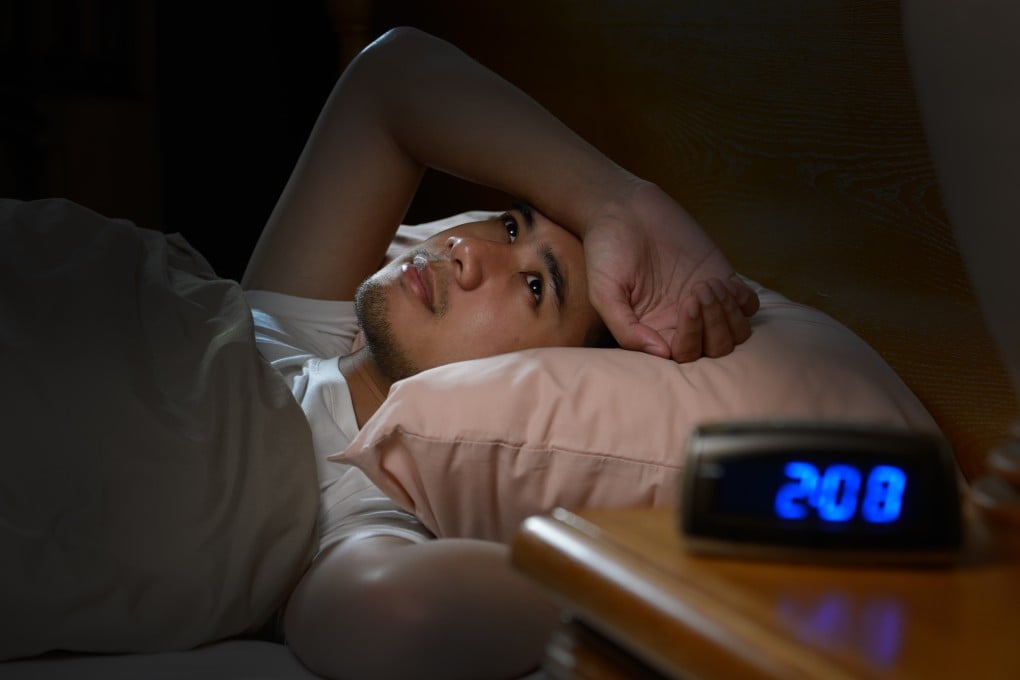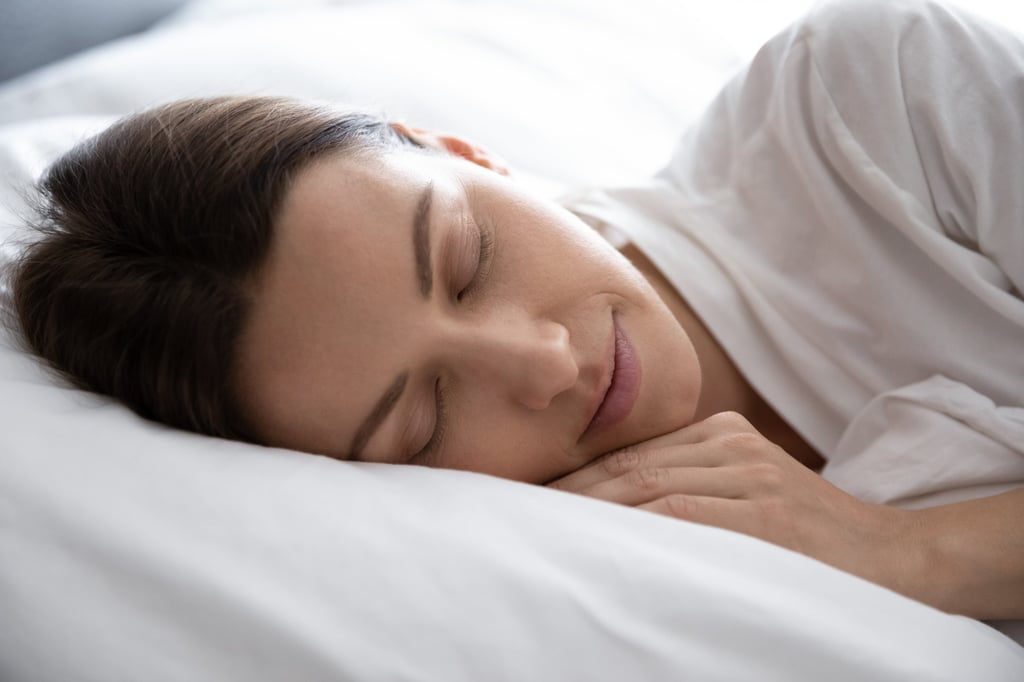Do you sleep well? Are you insomniac? Do you take naps? The benefits of ‘good’ sleep, and how to get it
- If you’re not a good sleeper, you must be an insomniac, a napper, or a weekend catch-up sleeper. That’s according to a new study
- One in three people are estimated to have insomnia – difficulty falling and staying asleep that leads to daytime fatigue; the result may be accelerated ageing

What kind of sleeper are you? According to a recent study, published in the medical journal Psychosomatic Medicine, there are four types.
1. Good sleepers
These individuals maintain a healthy sleep routine, falling asleep and waking up at about the same times each day. They fall asleep easily, have uninterrupted sleep, wake up feeling satisfied and are alert during the day.
These types of sleepers are the envy of hundreds of millions of people around the globe who struggle with chronic, sleep-related issues.

2. Weekend catch-up sleepers
For these people, days off – usually Saturdays and Sundays – are dedicated to sleeping. More specifically, they attempt to cancel their sleep “debt”, the difference in the quantity of sleep they should have had during the week and the amount they actually had.
Research suggests that adults should aim to have seven to nine hours’ sleep a night. Someone who sleeps for only six hours daily for a week would accumulate a sleep debt of at least seven hours.
A 2019 paper published in Current Biology suggests that those whose recommended sleep fell short by five hours during the week and made up for it by sleeping extra on the weekend still experienced negative effects. These included an increase in after-dinner snacking and a decrease in overall calorie burn, by exercising less, for example.
Those who “caught up” on sleep during the weekend did not experience greater benefits than those who did not. In short, weekend catch-ups appear to be a poor substitute for a consistent sleep routine.

3. Insomniacs
These struggling sleepers exhibit classic insomnia symptoms: difficulty falling and staying asleep, daytime fatigue and prolonged sleep onset.
